In a significant shift for airline passengers, a new rule is revolutionizing the way ticket refunds are handled in cases of flight cancellations or significant delays. Under the Federal Aviation Administration (FAA) Reauthorization Act signed by President Joe Biden, airlines are now obligated to automatically refund passengers’ money, marking a pivotal change in consumer protection within the aviation industry.
Gone are the days of receiving mere trip credits by default. Kevin Brasler, the executive editor of Consumers Checkbook, emphasizes that passengers are now entitled to a full refund, encompassing not only the base fare but also additional expenses like taxes and seat selection fees. This newfound right ensures transparency and clarity for consumers, eliminating the ambiguity surrounding flight refunds and entitlements.
John Breyault from the National Consumers League underscores the fundamental principle that the refunded money rightly belongs to consumers, emphasizing that if airlines fail to deliver the service paid for by passengers, a refund is non-negotiable. The rule applies specifically to flights originating in the U.S., with clear guidelines stipulating the duration of delays that warrant a refund.
For domestic flights, a delay exceeding three hours, and for international flights, a delay surpassing six hours triggers the automatic refund process. Moreover, if a flight is canceled by the airline itself, passengers have the choice to opt for a full refund instead of rebooking or accepting a voucher. The reimbursement will be issued through the same payment method utilized, with a prompt timeline of 7 business days for credit card payments and 20 days for cash or check transactions, ensuring an efficient flight refunds process.
In a bid to enhance customer experience further, families traveling with small children are now exempt from additional fees to secure seating together. Kevin Brasler stresses the importance of accommodating families with young children without imposing charges, ensuring a seamless and stress-free travel experience for all passengers.
In conclusion, the implementation of automatic refunds for flight disruptions signifies a pivotal moment in air travel consumer rights, empowering passengers with a newfound assurance of financial protection and transparency. This progressive change not only streamlines the flight refunds process but also reinforces the airlines’ accountability in delivering the services paid for by passengers.
In the realm of air travel, hidden fees have long been a point of contention for passengers seeking clarity and fairness in their transactions. Recent developments in the regulatory landscape aimed to address this issue, but a recent legal intervention has put these efforts on hold.
The proposal put forth by the U.S. Department of Transportation sought to enhance transparency by mandating airlines to disclose “junk fees” upfront, ensuring consumers are fully informed about potential additional costs beyond the base airfare. However, a U.S. appeals court ruling has halted the implementation of this rule, citing concerns of regulatory overreach and operational burden on airlines, impacting the transparency similar to that seen in flight refunds regulations.
Kevin Brasler, executive editor of Chicago Consumers’ Checkbook, acknowledges the setback but remains optimistic about finding alternative avenues to enforce fee disclosures. While the legal battle unfolds, there is a growing consensus among consumer advocates that the fight for transparent pricing in air travel is far from over.
Brasler highlights the importance of having fee disclosure regulations codified into law, drawing parallels with successful efforts in securing airline refund requirements through legislative measures. The discrepancy between advertised fares and actual costs, often inflated by undisclosed fees, underscores the necessity for upfront clarity in pricing structures, much like the clarity achieved with flight refunds.
As consumers navigate the complexities of booking flights, the need for comprehensive fee disclosures becomes increasingly apparent. Understanding the total cost of air travel upfront empowers passengers to make informed decisions and avoid unwelcome surprises at the check-in counter.
While the current regulatory landscape may be mired in legal uncertainties, the quest for transparency in airline fee disclosures persists. The journey towards a more consumer-friendly air travel experience continues, driven by the shared vision of a fair and transparent pricing regime that puts passengers’ interests front and center, similar to recent advancements in flight refunds policies.
Related stories:
Catch up on the top stories and travel deals by subscribing to our newsletter!



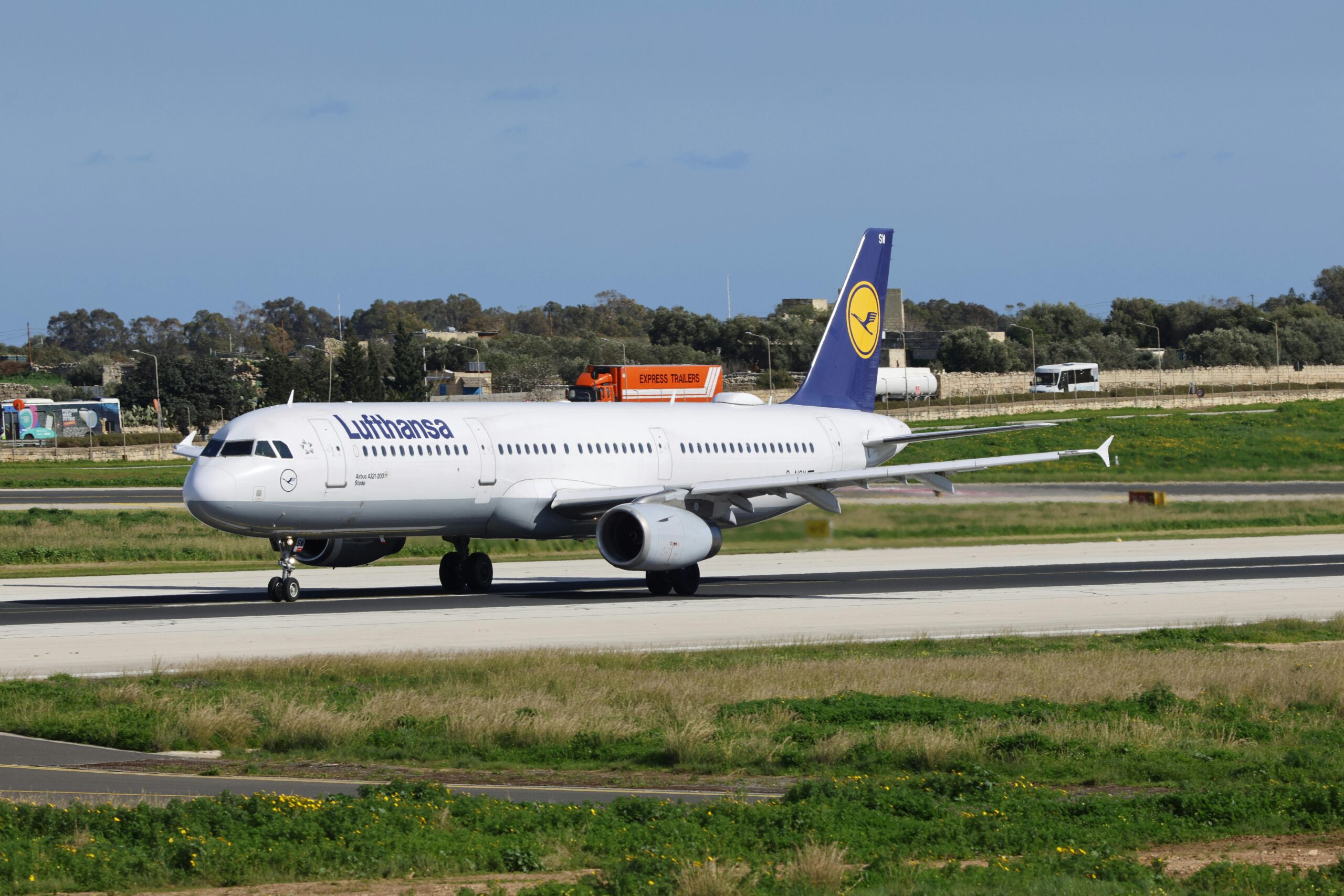
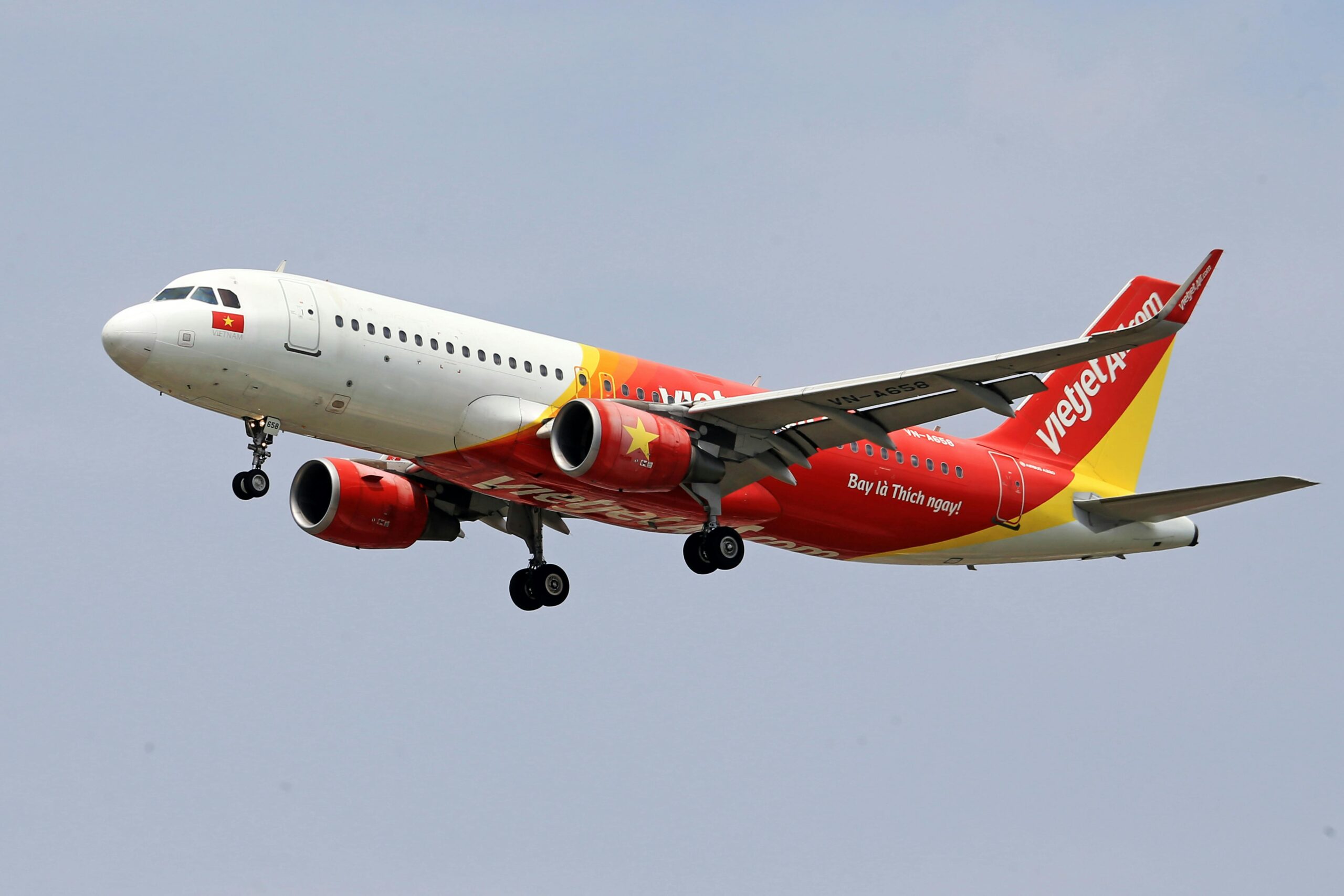
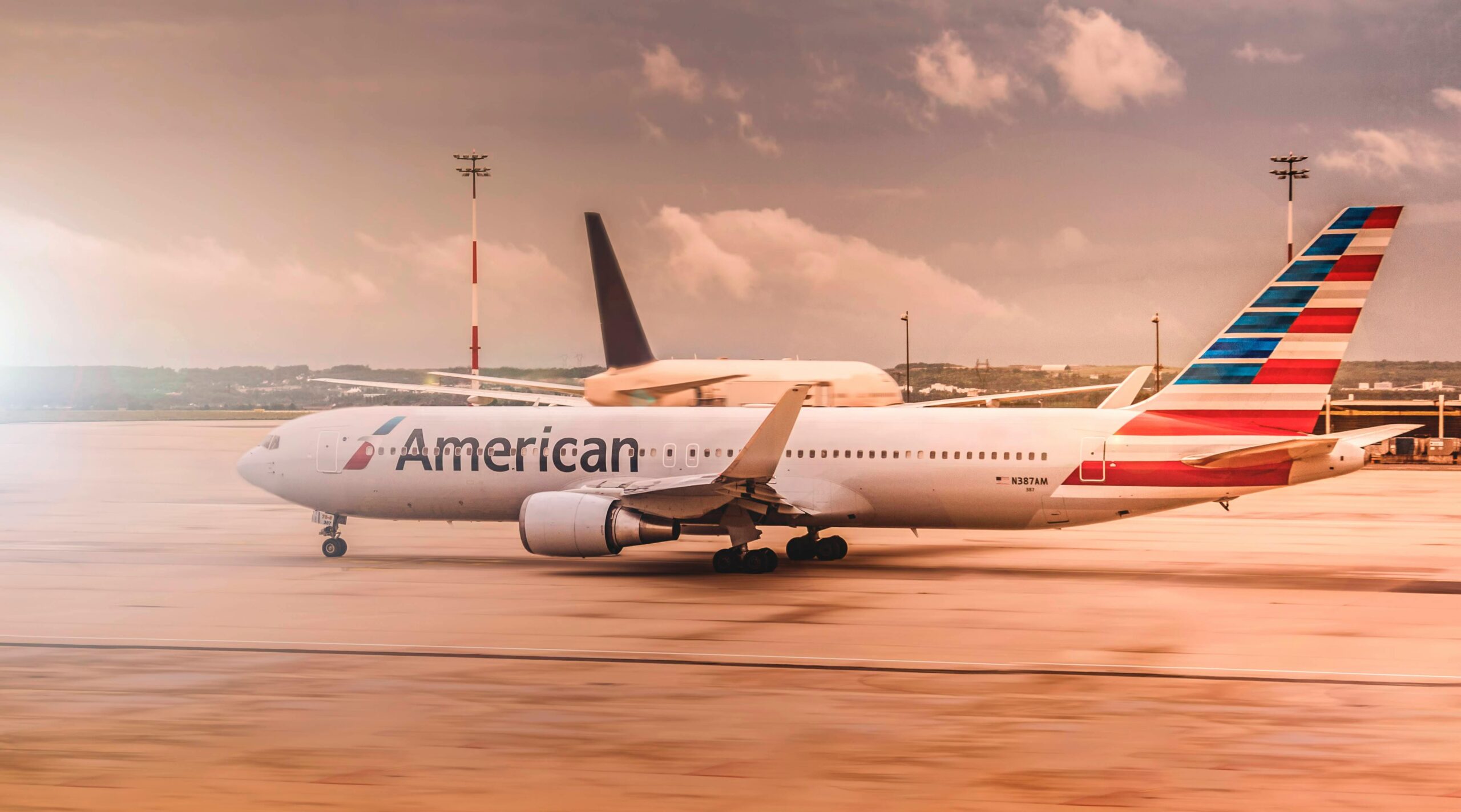
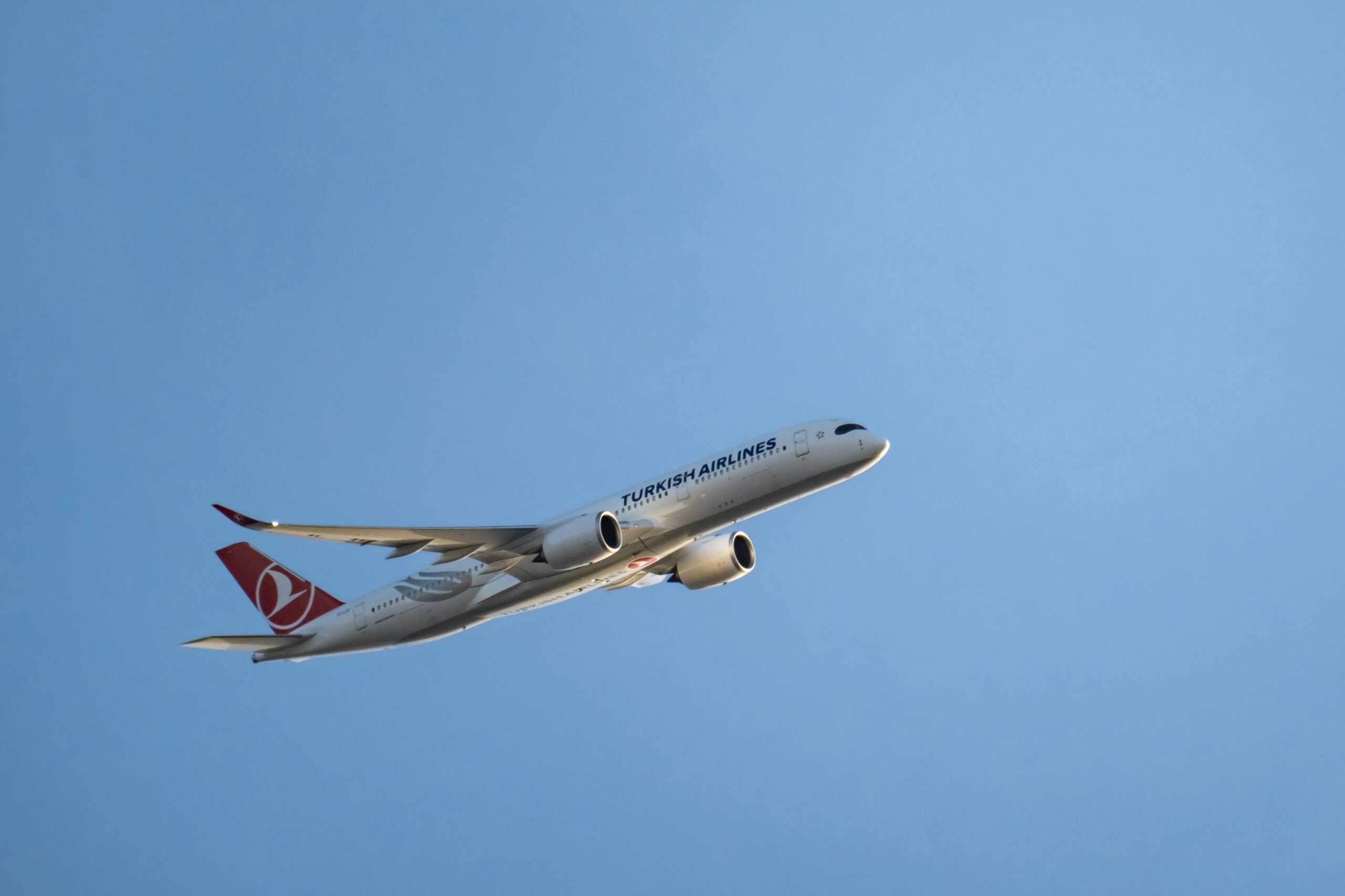
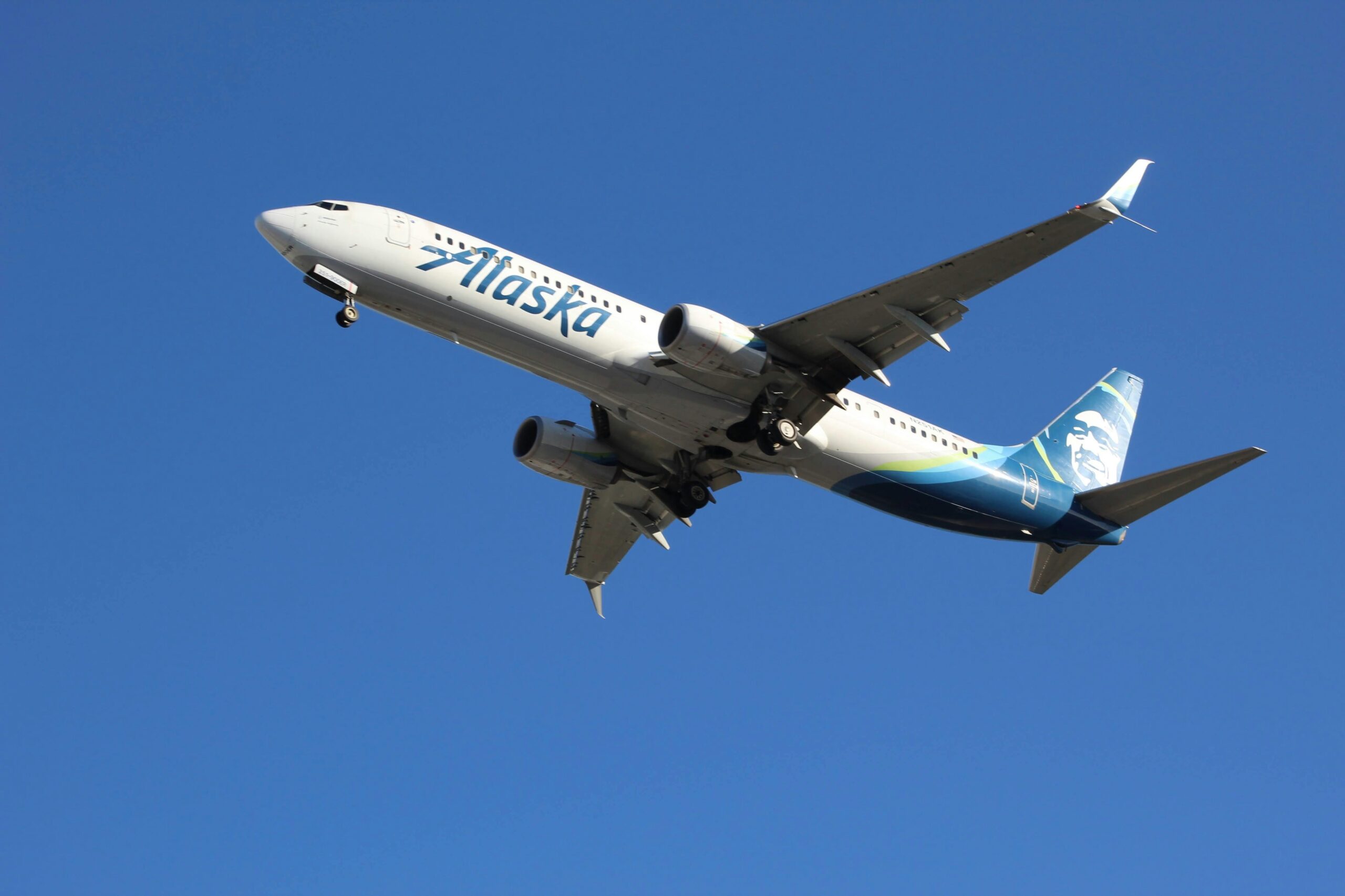




Leave a Reply